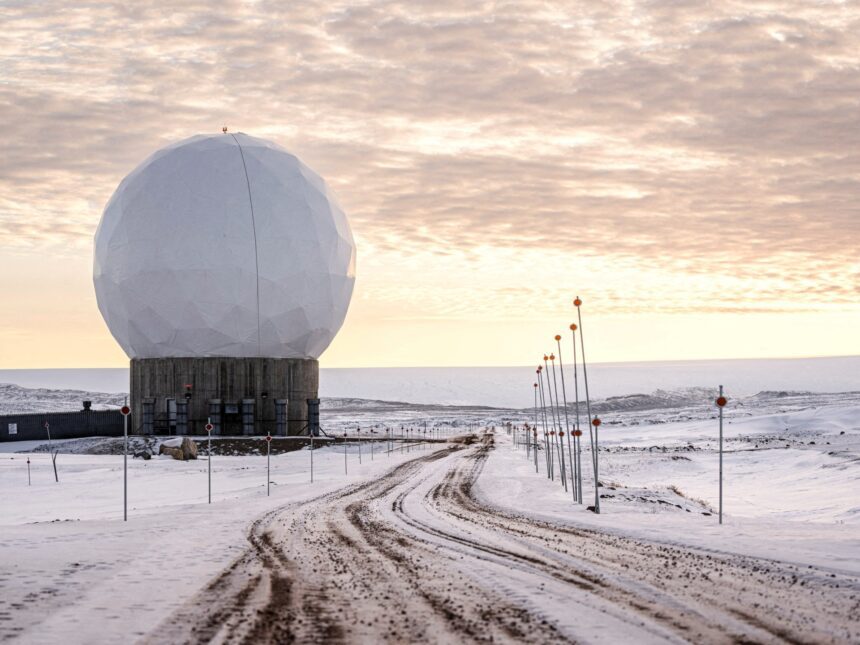During a press conference at his Mar-a-Lago estate in Florida, President-elect Donald Trump reiterated his interest in acquiring Greenland, citing its importance for American national security. He refused to rule out the use of military or economic power to achieve this goal. Trump has also expressed a desire to make Canada the 51st state of the US and take control of the Panama Canal, as part of his territorial expansion plans since winning the elections in November.
But why does Trump want to acquire Greenland, an island covered in snow and located over 3,000km away from Washington, DC? What makes this move significant, and is it the first time the US has attempted to acquire Greenland?
Greenland, situated between the Arctic and North Atlantic Oceans, is the largest island in the world and is part of North America geographically. Home to around 56,000 people, mainly Indigenous Inuit, Greenland was under Danish rule until 1979 when it gained self-governing status. The island has the right to declare independence through a referendum, and its Prime Minister has expressed a desire for complete independence from Denmark.
Denmark, a part of NATO, is responsible for Greenland’s defense, and while Greenland is not an EU member state, its citizens are considered EU citizens. Greenland has a rich reserve of minerals, including rare earth minerals essential for high-tech industries, making it strategically valuable.
The US has shown interest in Greenland for its military and strategic significance. Greenland offers the shortest route from North America to Europe, giving the US an advantage for military operations and missile defense. The island also holds valuable mineral resources, attracting US attention.
Historically, the US has tried to purchase Greenland twice, in 1867 and 1946, but Denmark rejected the offers. The US occupied Greenland during World War II and established a military base on the island. Truman’s 1946 attempt to buy Greenland for $100 million was unsuccessful.
Trump’s recent comments about acquiring Greenland have sparked criticism from European leaders like the German Chancellor and the French Foreign Minister, emphasizing the importance of respecting sovereign borders. As the debate continues, the future of Greenland’s status remains uncertain amidst growing international tensions.










